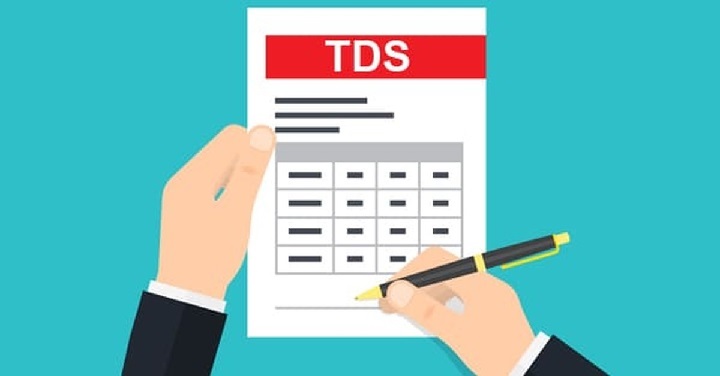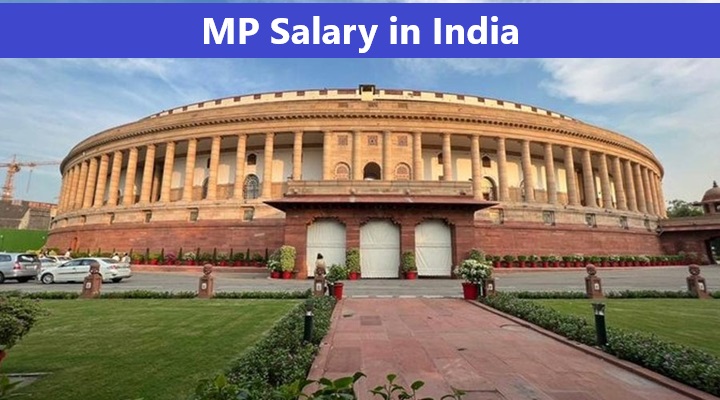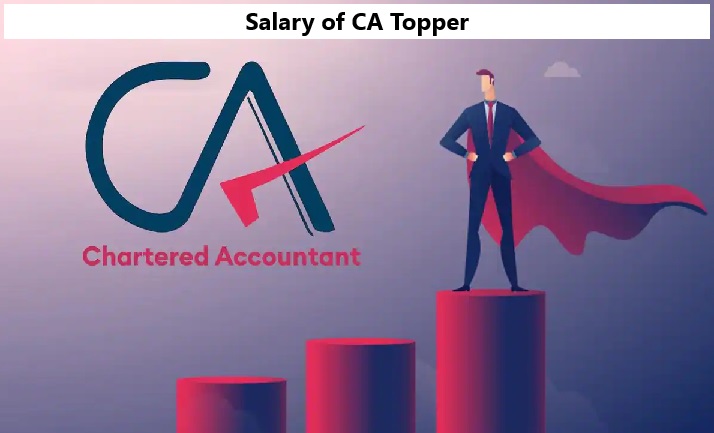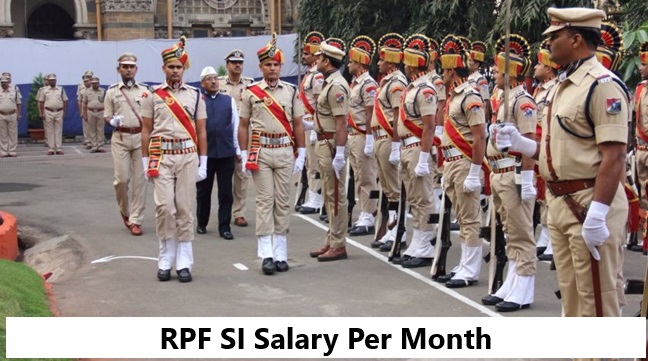Introduction
Clerk Salary: Clerks play a vital role in various industries by performing administrative and support tasks that ensure smooth operations. Whether working in government offices, private companies, banks, or schools, clerks are essential for organizing and managing day-to-day work. This article will provide detailed insights into the job of a clerk, their salary, required qualifications, career growth, and much more in simple language.
Who is a Clerk?
A clerk is a professional responsible for handling clerical and administrative duties such as data entry, maintaining records, filing documents, and assisting with customer queries. Clerks work across sectors including:
- Government Offices
- Private Businesses
- Banks
- Hospitals
- Schools and Colleges
Their tasks may vary depending on the type of organization, but their primary role remains to support the smooth functioning of operations.
Average Salary of a Clerk
The salary of a clerk depends on the organization, sector, and location. Let’s break it down:
1. Government Clerks
- Starting Salary: ₹18,000 to ₹25,000 per month.
- Experienced Professionals: ₹40,000 to ₹60,000 per month.
- Additional perks like pensions, medical benefits, and housing allowances make government jobs attractive.
2. Bank Clerks
- Starting Salary: ₹25,000 to ₹35,000 per month.
- Experienced Clerks: ₹45,000 to ₹60,000 per month.
- Bank clerks often receive bonuses, provident fund contributions, and leave allowances.
3. Private Sector Clerks
- Starting Salary: ₹15,000 to ₹20,000 per month.
- Experienced Clerks: ₹30,000 to ₹50,000 per month.
- Salaries in the private sector vary widely based on the company’s size and location.
4. International Clerks
- In developed countries, clerks earn significantly higher. For example:
- In the United States, clerks earn an average of $30,000 to $50,000 annually.
- In European countries, salaries range between €25,000 to €40,000 annually.
Qualifications and Eligibility
1. Educational Requirements
Most clerical positions require basic educational qualifications. For example:
- Minimum Qualification: 10th or 12th pass.
- Preferred Qualification: Graduate degree in any discipline (especially for bank or government clerk jobs).
2. Skill Set
Clerks are expected to have the following skills:
- Typing Speed: Many clerical jobs require fast and accurate typing.
- Computer Proficiency: Knowledge of MS Office (Word, Excel, and PowerPoint).
- Organization: Ability to maintain and file records systematically.
- Communication: Good verbal and written communication skills.
- Attention to Detail: Ensuring accuracy in work, especially in data entry.
3. Age Limit
- Most government clerk jobs have an age limit of 18 to 28 years for fresh recruits.
- Age relaxations are provided for candidates from reserved categories or for experienced professionals.
Responsibilities of a Clerk
Clerks are responsible for handling various administrative tasks. Here’s what their day-to-day work might look like:
- Data Entry
- Entering and updating records in the system.
- Ensuring data accuracy and completeness.
- Managing Files
- Filing and organizing documents for easy retrieval.
- Ensuring proper labeling and storage.
- Communication
- Answering phone calls and emails.
- Assisting clients or visitors with their queries.
- Supporting Administration
- Scheduling meetings and appointments.
- Preparing reports and maintaining office supplies.
- Finance Handling (in Some Roles)
- Processing payments and managing invoices.
- Tracking budgets and expenditures.
Types of Clerk Jobs
Clerks can specialize in different roles based on the industry or department they work in. Some common types include:
1. Government Clerk
- Found in government offices and public service departments.
- They handle citizen applications, document verification, and record maintenance.
2. Bank Clerk
- Works in banks and handles customer transactions, account updates, and loan-related paperwork.
- Requires good customer service skills.
3. Office Clerk
- Found in private businesses, assisting with general office management, filing, and correspondence.
4. Legal Clerk
- Works in law firms or courts, preparing legal documents, and assisting lawyers.
5. School Clerk
- Handles student records, admissions, and correspondence in educational institutions.
6. Accounts Clerk
- Specializes in bookkeeping and financial record management.
Career Growth for Clerks
Clerks can look forward to a structured career path with growth opportunities in most sectors. Here’s how:
1. Government Clerks
- Promotions can lead to positions like Senior Clerk, Office Superintendent, or Section Officer.
- Regular departmental exams help clerks secure higher roles.
2. Bank Clerks
- Can be promoted to roles such as Assistant Manager, Branch Manager, or Loan Officer.
- Promotions are based on performance and internal exams.
3. Private Sector Clerks
- Opportunities for growth include roles like Executive Assistant, Administrative Officer, or Operations Manager.
4. Specialized Roles
- Clerks can acquire additional certifications (like accountancy or legal knowledge) to transition into specialized fields.
Best Salary Packages for Clerks
1. Factors Influencing Salary
- Location: Urban areas and metro cities offer higher salaries.
- Experience: Experienced clerks can demand better pay.
- Industry: Banking and government sectors typically pay more than private firms.
2. Examples of Top Employers
- Government Organizations: Central and state government departments.
- Banks: SBI, HDFC, ICICI, and more.
- Corporate Sector: Leading multinational companies.
How to Become a Clerk
If you’re interested in becoming a clerk, here’s a simple roadmap:
- Complete Basic Education
- Finish your 10th or 12th standard education.
- Enhance Skills
- Learn typing, data entry, and computer applications.
- Gain proficiency in communication and organizational skills.
- Apply for Clerk Jobs
- Check vacancies in government or private sectors.
- Prepare for competitive exams (like IBPS for bank clerks).
- Clear Selection Processes
- Appear for written exams, interviews, and skill tests.
- Join and Gain Experience
- Once selected, start your job and work towards promotions.
Advantages of a Clerk Job
- Job Stability: Especially in government roles.
- Work-Life Balance: Regular hours with limited stress.
- Opportunities for Growth: Potential for promotions with experience and exams.
- Perks and Benefits: Pension, medical insurance, and housing (in government jobs).
Challenges of a Clerk Job
- Repetitive Work: Some clerical roles may involve monotonous tasks.
- Limited Creativity: The role often requires following set procedures.
- High Competition: Government clerk jobs attract thousands of candidates.
Frequently Asked Questions (FAQs)
1. What is the average salary of a clerk?
The average salary for a clerk ranges from ₹18,000 to ₹35,000 per month, depending on the sector and location.
2. What qualifications do I need to become a clerk?
You typically need a 10th/12th pass or a graduate degree. Knowledge of typing and computers is also essential.
3. Is there an age limit for clerk jobs?
Yes, most clerk jobs have an age limit of 18 to 28 years, with age relaxations for reserved categories.
4. Can clerks get promoted?
Yes, clerks can be promoted to higher roles like Office Superintendent, Manager, or Section Officer through exams and experience.
5. Do clerks need technical skills?
Basic technical skills like typing, MS Office proficiency, and data entry are crucial for clerical roles.
Conclusion
Clerks are the backbone of administrative and operational functions across industries. With their organized approach and efficiency, they ensure that businesses and government offices run smoothly. Whether you’re starting your career or seeking a stable job, becoming a clerk offers job security, growth opportunities, and a steady income.
If you’re ready to enter the workforce as a clerk, focus on gaining the right skills, staying updated on job openings, and preparing well for competitive exams. With determination and hard work, a rewarding career awaits!
Summarize
Qualifications and Skills Required to Become a Clerk
To start a career as a clerk, certain qualifications and skills are necessary. Here’s a detailed breakdown:
Educational Qualifications
1. Minimum Educational Requirements
- Most clerk positions require candidates to have at least a 10th pass or 12th pass certificate. This is common for entry-level positions in smaller organizations.
2. Graduate Degrees (Preferred)
- A bachelor’s degree in any discipline is preferred for higher-level clerical positions, especially in banks and Government Sectors.
- Examples include BA, BCom, or BSc.
3. Specialized Courses
- Certain clerical roles, like accounting clerks, may require diplomas or certifications in bookkeeping or accounting.
Technical Skills
To excel as a clerk, basic technical proficiency is a must:
1. Typing Skills
- Proficiency in typing is essential for data entry and documentation tasks. Most employers expect a typing speed of 25-35 words per minute.
2. Computer Knowledge
- Familiarity with tools like:
- Microsoft Word: For drafting and editing documents.
- Excel: For managing data and spreadsheets.
- PowerPoint: For creating presentations (if needed).
- Basic understanding of office software is mandatory.
3. Filing and Record Management
- Knowledge of how to systematically organize and retrieve physical and digital records.
Soft Skills
1. Attention to Detail
- Clerks need to ensure that all records, data entries, and correspondence are accurate and free of errors.
2. Communication Skills
- Ability to handle customer queries politely.
- Strong written and verbal communication for drafting letters, emails, and reports.
3. Organizational Skills
- Managing schedules, filing systems, and administrative workflows requires excellent organizational abilities.
4. Multitasking
- Clerks often juggle multiple responsibilities at once, so multitasking is a valuable skill.
Eligibility by Age
Government Clerk Jobs
- Age Limit: 18-28 years (general category).
- Relaxation: Up to 5 years for SC/ST and 3 years for OBC candidates.
Private Sector
- No rigid age limits but candidates are generally between 18-40 years.
Certifications to Boost Clerk Career
- Certificate in Computer Applications: Short-term courses can improve employability.
- Tally Certification: Useful for accounting clerks or finance-related clerical jobs.
- Office Management Courses: Helps develop organizational and clerical skills.











Leave a Reply